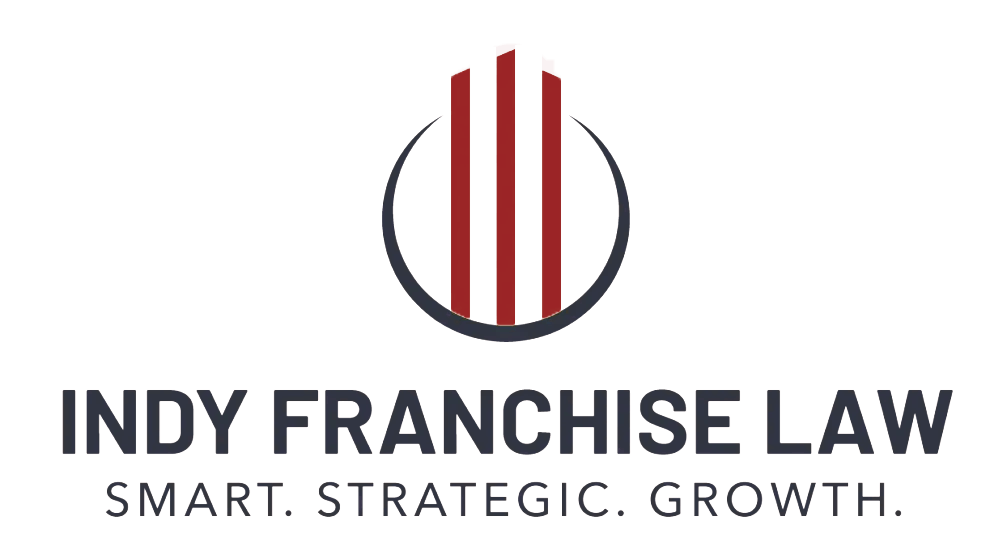So, you want to buy a franchise and you’ve narrowed your search down to a few exciting options. Now, the Franchise Disclosure Documents – or FDD’s – are starting to roll in and you’ve got to figure out what to do with them all. While this overwhelming pile of legal documents may seem intimidating at first, it is possible to decipher it all.
Don’t forget, it’s also the foundation for a decision that could affect the rest of your financial future, so it’s important that you comprehend the FDD, know how to read it and recognize what you need to get out of it.
The Franchise Disclosure Document is like your prospective franchisee Bible. Every franchise is legally required to provide you with an FDD covering many aspects of their company so that you can make a well-informed decision. The 23 Items of the FDD cover everything from your initial start-up costs to the forms of marketing you’re permitted to use to where you’re allowed to buy your supplies – and everything in between. While all of the information is important, some of the Items hold more weight than others.
For simplicity in processing the information, try to sort it into the following 5 categories:
• Company’s Core & Offering,
• Leadership,
• Communication,
• Financial Stability, and
• Sustainability
Company’s Core & Offering – The core of the franchise is literally that; it’s roots. It’s foundation. What it does and what it stands for. As you’re browsing through the 23 Items of the FDD, pinpoint those Items that offer clues as to what kind of company they are. For example, Item #1 is full of details about the franchises past, including any predecessors, buy-outs and changes in ownership. Also be sure to take a look at the company’s mission statement and community contributions to see if they’re involved in any outreach programs, charities or other purposeful organizations that may make you feel good about investing with them.
The other thing to consider in regards to the franchises core is their offerings. Too many prospective franchisees mistakenly believe that there’s no creativity – or individuality – in franchising so they focus solely on the money. The reality is that you need to believe in what you’re selling in order to be successful – even in franchising.
Take a look at the products and services being offered and make sure it’s something you can stand behind. It doesn’t necessarily have to be an industry that you’re familiar with – but it does need to be an industry that you believe in.
Leadership – While you won’t necessarily have a ‘boss’ as a franchise owner, you will have folks to answer to. As a franchisee, you aren’t a solo entrepreneur and therefore have some boundaries to respect and rules to follow. It’s the price you pay for taking advantage of a well-established system and brand name. When you’re evaluating the franchises leadership, take two things into consideration: Are they reliable and can you work with them? Item #2 reveals the work history of everybody in a leadership or management position at the franchise corporate office. Items #3 and #4 will also reveal how financially responsible the company’s leadership has been in recent years. Other Items, such as Item #11, will give you clues as to how generous the leadership is and how much support you can expect to receive from them.
Communication – Open communication between you and the franchise executives will be critical to your success. The franchises that have the best working relationships with their franchisees generally have the most success! Item #20, in particular, literally gives you the key to finding out how the franchise REALLY treats its investors. This is your opportunity to speak with current franchisees and call former investors and find out what they really thought of the opportunity, how they liked the company, and why they actually left!
Financial Stability – This may seem obvious, but it’s important to take the finances into consideration – separate and aside from all the other issues. Financial stability is critical, obviously, but it’s also not everything, so it helps to isolate the financial information and look at it from a neutral point of view. Of particular importance are the start-up fees required by each franchise. Your initial budget – how much you can afford – should already have been determined by your accountant or CPA at this point. Other important financial considerations are, profit potential, your franchise financing options and ongoing royalty fees. These Items as a whole paint a picture of the financial health of the company.
Sustainability – Fads come and go, so be sure to look for signs that the company is poised for long-term growth and sustainability. And this doesn’t just mean the numbers side of things, either. This is also about choosing a product or service offering that is going to stay in demand for some time to come. It’s also important to compare this with the leadership because the two go hand-in-hand.
Next time, we’ll cover tips on what to do after you’ve categorized the information in the FDD, questions you should be asking and more.
For you, what was the hardest part about reading the FDD?









